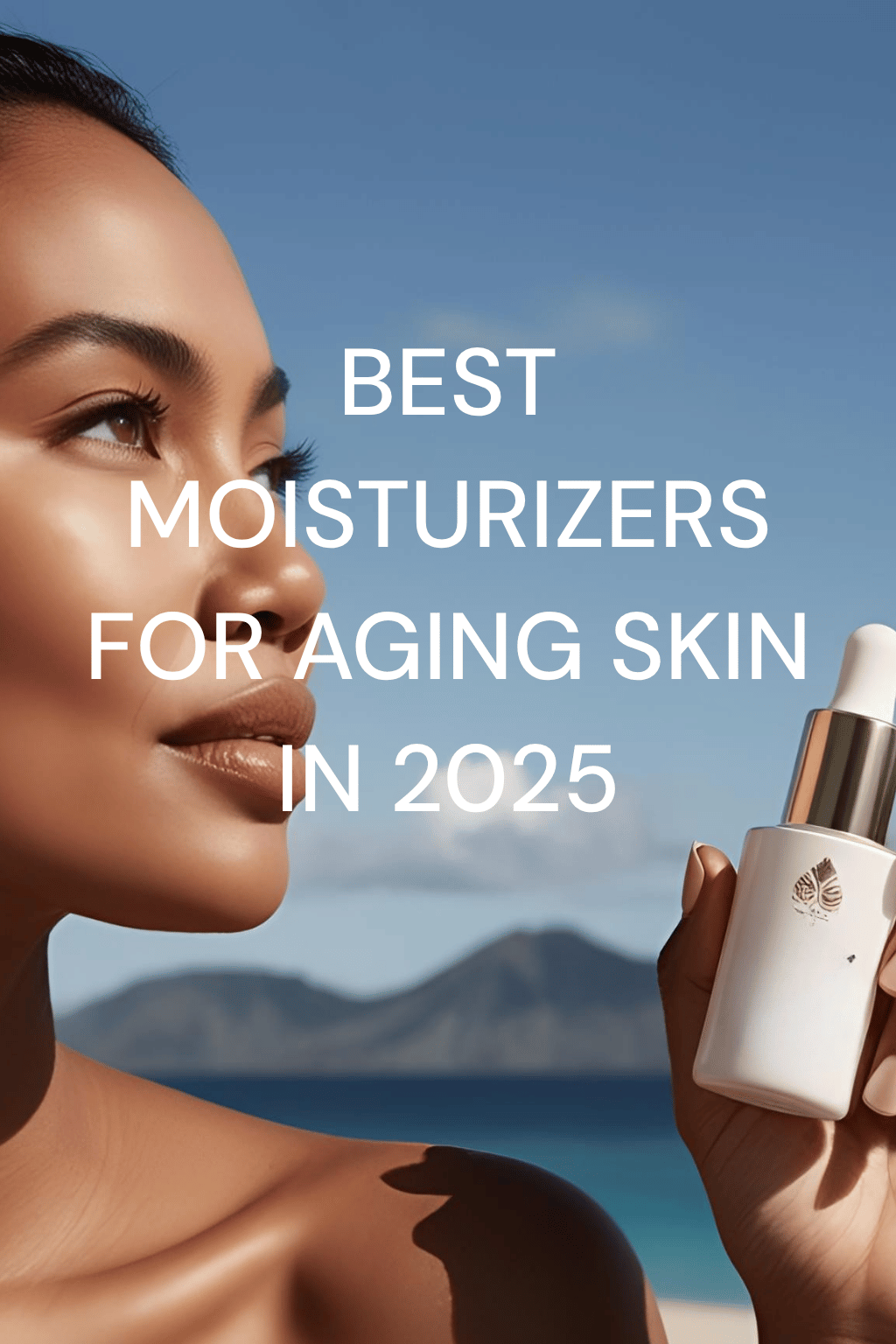
What Is the Skin Microbiome—and Why It’s the Key to Radiant Skin
The term skin microbiome may sound like something out of a lab, but it’s one of the most natural—and crucial—parts of your skin’s ecosystem. Think of it as a microscopic garden: diverse, dynamic, and quietly working to keep your skin balanced, clear, and healthy. When nurtured, your microbiome can be the key to that elusive glow. When disrupted? It can be the root of everything from dryness and breakouts to redness and sensitivity.
At Alivia Joyce, we believe the future of skincare is not in fighting your skin—but in supporting its innate intelligence. And that starts with the microbiome.
What Is the Skin Microbiome?
The skin microbiome refers to the community of trillions of microorganisms—bacteria, fungi, viruses, and even mites—that live on the surface of your skin. Far from being harmful, most of these microbes are actually beneficial. They form a protective barrier, helping to:
-
Ward off harmful bacteria and environmental toxins
-
Regulate inflammation
-
Maintain optimal pH levels
-
Support skin’s natural healing processes
Your microbiome is unique to you—like a fingerprint—and changes depending on factors like age, environment, stress, and skincare products.
What Disrupts the Microbiome?
Just as overwatering can ruin a garden, modern skincare habits can throw your skin’s microbiome out of balance. The biggest offenders include:
-
Harsh cleansers with sulfates or high alcohol content
-
Over-exfoliating with acids, scrubs, or peels
-
Frequent use of antibiotics (topical or oral)
-
Stress, diet, and lack of sleep
-
Environmental toxins like pollution and UV damage
When the skin’s microbiome is compromised, it opens the door to common concerns like acne, eczema, psoriasis, rosacea, and increased sensitivity.
How to Support a Healthy Microbiome
Supporting your microbiome doesn’t mean doing less—it means doing what’s right. Here’s how to nurture your skin’s natural defenses:
1. Use microbiome-friendly products
Choose skincare that’s formulated without harsh surfactants, artificial fragrance, and known disruptors. Look for gentle formulas with ingredients like:
-
Prebiotics (like inulin) to feed healthy bacteria
-
Postbiotics (like ferments) to support balance
-
Humectants like glycerin and hyaluronic acid to maintain hydration
2. Simplify your routine
You don’t need 12 steps. In fact, less is more when it comes to microbiome health. Focus on:
-
A gentle, pH-balanced cleanser
-
A supportive moisturizer
-
A broad-spectrum SPF
3. Repair the skin barrier
A strong barrier = a happy microbiome. Look for ceramides, squalane, and niacinamide to keep your barrier resilient and calm.
4. Be mindful of antibiotics
If you’re using prescription topicals, support your microbiome with barrier-repairing and hydrating steps in your routine.
The Microbiome and Aging: A Deeper Link
Emerging research suggests that the skin microbiome shifts dramatically with age—especially in women. Hormonal changes, thinner skin, and decreased oil production can all reduce microbial diversity. Supporting your microbiome as you age may help prolong skin vitality and reduce inflammation-related damage over time.
How Alivia Joyce Supports Your Skin's Microbiome
At Alivia Joyce, our formulations are built on the belief that healthy skin starts with balance. Each product is:
-
Clinically inspired and backed by research
-
Gentle, pH-appropriate, and microbiome-supportive
-
Formulated to support your skin—not override it
We don’t chase trends. We return to what your skin already knows how to do—restore, protect, and glow from within.
Your microbiome isn’t just important—it’s everything. It’s your skin’s first line of defense, its partner in healing, and its quiet guardian of glow. Support it, and your skin will thank you.
Want to learn more about our microbiome-supportive philosophy? Explore our product collection.

